“What They Did Yesterday Afternoon”
later that night
i held an atlas in my lap
ran my fingers across the whole world
and whispered
where does it hurt?
it answered
everywhere
everywhere
everywhere
– Warsan Shire
I’ve been struggling to write this post, as I do with most things I write on the Internet. There is a sense of permanence that comes along with blogging or posting, that my words are public and immovable, so I must get it right the first time. However, I am constantly in awe of the transient nature of headlines, the way they ebb and flow along with the world’s sympathies, and their complete impermanence as they span the news ticker and are refreshed on web pages.
I’ve been in a fog for the past few weeks, reeling from the seemingly never-ending cycle of bad news that keeps dominating headlines here in Jordan. “UN and partners warn of growing poverty for Syrian refugees,” “Humanitarian groups calling for Jordan Government to urgently unblock aid to 65,000 Syrian refugees,” “Syria and the erosion of stability in Jordan.” Good news, it seems, is in short supply.
All of these headlines humming in my brain alongside Baghdad, Dhaka, Istanbul. Alongside Orlando, Alton Sterling, Philando Castile, the Dallas police officers.
Almost as infuriating to me as the events themselves is the acceptance of this status quo and the inevitable forgetting. As one author put it, “muted global sympathy” is an insidious epidemic. But what’s the antidote?
If we simply read the headlines with the same eyes over and over, it’s easy to become exhausted and overwhelmed by both the shocking and slow violence we witness everyday. For me, travel to this part of the world has given me a new set of eyes, and has helped me read the headlines more carefully and navigate my surroundings with constant questions.
One question I’ve grappled with over the years is if I should even be here at all. A particularly insightful exploration of this dilemma is Courtney Martin’s piece, “The Reductive Seduction of Other People’s Problems,” wherein she argues that American ego and hubris to “save the world” can be reckless and harmful not just to foreign communities, but to the local communities one neglects when one opts to work overseas.
Ever since my first trip to Jordan, I’ve had to justify to various people why I want to spend time “over there.” Why not focus my career on domestic policy? Why not help “here at home” instead of overseas? Why should I give a damn when “those people” openly celebrate the deaths of Americans?
These questions are exhausting. They demonstrate just how durable the “us vs. them” mentality still is. They highlight the zero-sum game many play in their heads, which can translate into policy with devastating effects. And most heartbreakingly, they undermine our common humanity, something I’m reminded of more and more with each passing day here.
A collection of smiles gathered over the past two weeks at CRP
I spent this morning shuttling back and forth between police stations, attempting to obtain an extension for my visa. The process was so convoluted that on any other day, it might have made me angry and frustrated. However, after my third visit to my neighborhood police station, (I’m now on a first name basis with Tareq and Mohammad, infinitely patient human beings they are, dealing with complicated visa questions in my broken Arabic) I sat in a taxi with the wind and sun on my face and felt simultaneously overwhelmed and at peace.
Overwhelmed by my privilege. By the kindness and patience of those around me. By the fact that I have the opportunity to learn through trial and error, that my existence here is not threatened by violence, that my presence is met with smiles and curiosity, that my attempts at Arabic provide entertainment for others and a opportunity for me to improve and learn. As exhausting and problematic as working abroad can be, I am thankful that despite the vicious circle of violence, sadness, and apathy, moments of joy slip through when we let them.
Martin’s imperatives at the end of her piece have helped me start to make sense of the personal and professional pieces of my life here in Jordan. She warns,
“Don’t go because you’ve fallen in love with solvability. Go because you’ve fallen in love with complexity.
Don’t go because you want to do something virtuous. Go because you want to do something difficult.
Don’t go because you want to talk. Go because you want to listen.”
And so I continue, with open eyes, open ears, and an open heart.
With love from Amman,
Ally
Posted By Allyson Hawkins (Jordan)
Posted Jul 11th, 2016



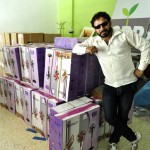
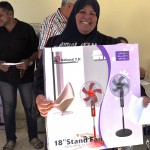
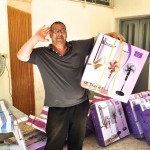
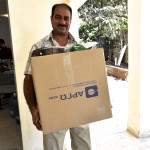
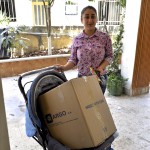
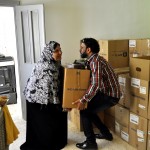
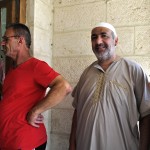
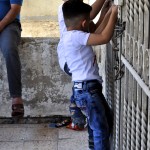
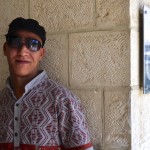
9 Comments
Mattea
July 12, 2016
Amazing Ally. Saying all the same things I feel. And thanks so much for linking to the Martin piece.